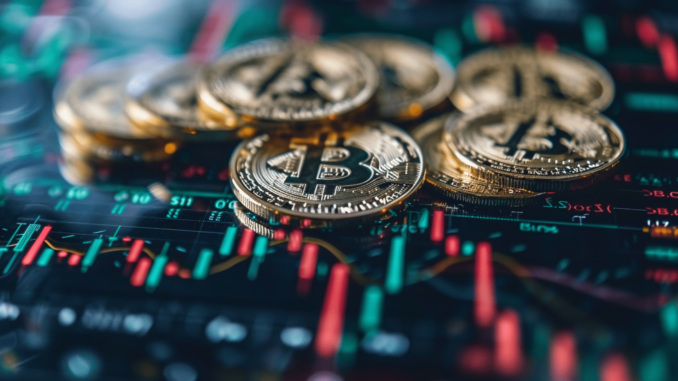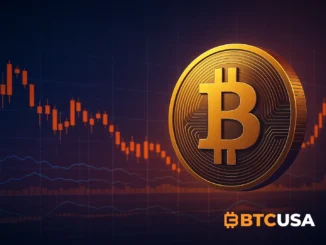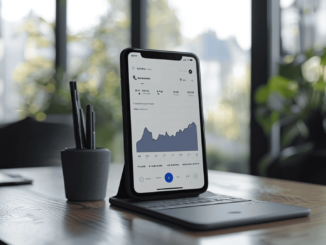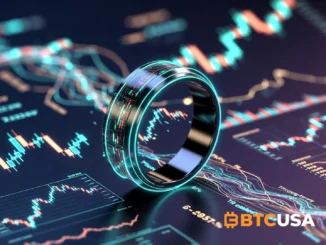
Recession Fears Soar as Polymarket Bets Reflect Tariff Uncertainty
Predicting market Polymarket is flashing red warning signs. In the wake of President Donald Trump’s reveal of broad tariffs worldwide, recession likelihood on the platform rose to 60%, up from 51% yesterday.
This comes as Wall Street tries to catch its breath after Trump’s announcement, which witnessed the Dow Jones Industrial Average crash by a whopping 3,700 points over two days.
Trump’s “Liberation Day” Tariffs Trigger Global Market Disturbances
At a strained-level press conference in the White House Rose Garden on April 2, Trump defended the tariffs as overdue payback for U.S. workers:
“Years, and in a lot of cases, decades, our country was pillaged. American steelworkers, automobile workers, farmers. they were smashed badly,” he stated.
Markets reacted angrily. Traders rushed to rebalance in fear of a trade war and general economic disruption. While traditional markets fell, Bitcoin rose 2.6%, passing $84,000.
Polymarket Fares Capture Rising Economic Uncertainty
Polymarket, the decentralized prediction market, has seen sentiment shift drastically. When the poll for a 2025 recession opened in January, just 20% of users forecast a downturn.
That number doubled in three months—and has increased another 9 points in the past 24 hours, indicating rapid economic confidence loss.
Bitcoin Defies the Trend as Risk-Averse Investors Bolt
Interestingly, Bitcoin appears to be serving as a digital hedge. While equities crashed, Bitcoin rose in value, indicating that some investors are seeking decentralized assets in anticipation of more volatility.
How crypto does in the longer term is uncertain with potential global recession on the horizon—but for now, the BTC rally is a healthy contrast to the prevailing gloom.
What’s Next?
With tariffs set to take effect soon, analysts and investors alike are bracing for prolonged volatility. While the White House insists the move strengthens U.S. sovereignty, prediction markets like Polymarket suggest that many believe it may instead hasten an economic downturn.
The real question is no longer if we’ll feel the ripple effects—but how far they’ll reach.


